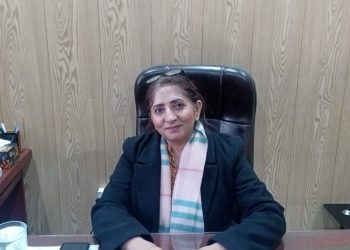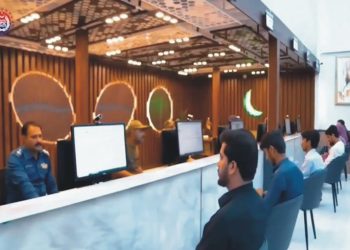When on December 14, 2012 a terrorist shot dead 26 people, including 20 children, at the Sandy Hook elementary school in Newtown, Connecticut, many in the US were shaken to the core. It was not the first shooting, nor was it the first time children were targeted by a shooter who had easy access to assault weapons. At that time, there was a sense that perhaps something would change. I remember listening to the radio that evening coming back from work. I felt immense and painful sadness, a burning rage and a feeling of dark emptiness. But I also had a slight hope that it would wake up the country and force the lawmakers to change course.
Nothing happened. Between conflicted thoughts, hollow prayers and partisan bickering many more died in countless mass shootings. When nine and a half years later, another similar incident happened in Texas, and young children were massacred, the national response reflected a greater degree of hopelessness. While the tremendous sadness is still there, and the pain is felt by millions, few believe if anything would change.
Opinion surveys in the country and data from various polling firms show that majority of people in the US want to reform the gun laws and majority are in favour of an assault weapon ban. Yet, nothing has changed, or is likely to change. It is not hard to look at the data — nationally and globally — and see that these mass shootings and massacres do not happen anywhere else except the US. Yet, a group of lawmakers, using procedural rules, ensure that even basic research about gun-related violence would never be funded by the government.
It is possible that some lawmakers are ideologically opposed to any reform in the gun laws and are blind to any data that is presented to them. It is however more likely that many recognise the evil, and are playing with fire, but choose to remain silent for their own personal interests. The system is gridlocked in part because these lawmakers are worried about losing their funding (in tens of millions of dollars) from the gun lobby, or are worried about losing their seats to candidates who may be even more conservative. Or worse — losing their seats to the opposing party. The irony is that during high profile rallies by these lawmakers who support unfettered access to firearms, or during parts of the conventions by the National Rifle Association, guns are banned.

















